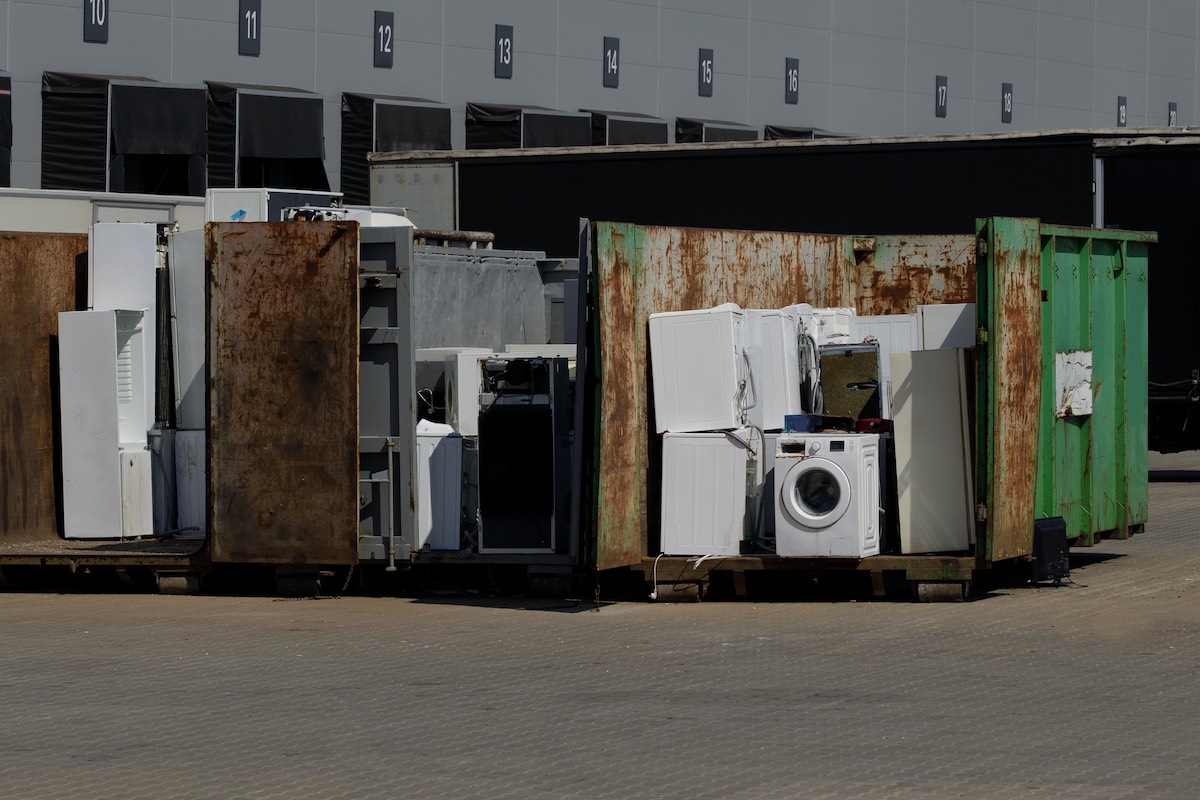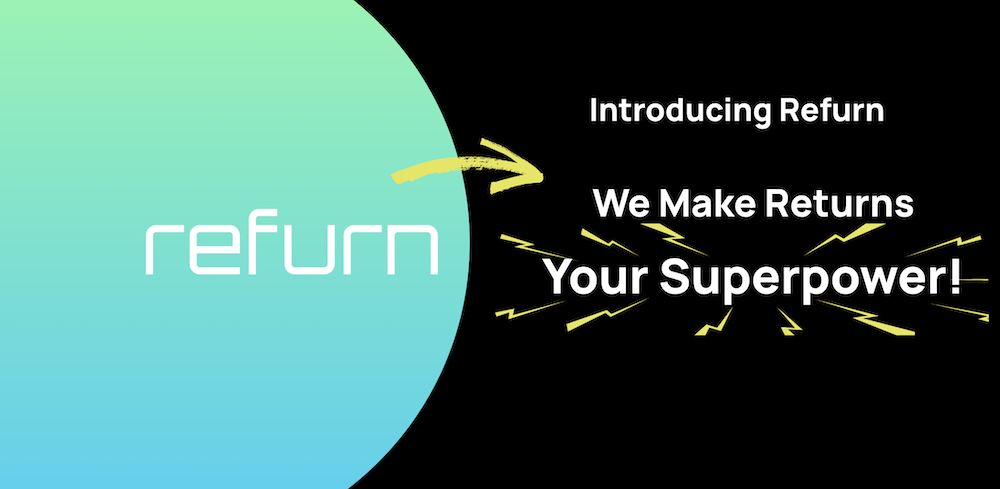How to Reduce Return Inventory Destruction

In the ever-evolving world of business, maintaining efficient inventory management is crucial to sustaining success.
Whether you’re dealing with excess inventory, obsolete items, or asset write-offs, the goal is to minimize inventory destruction and maximize your bottom line.
This guide will explore various strategies to help your business reduce inventory write-offs, liquidate excess inventory, and find ways to get rid of old inventory effectively, but more importantly, in an eco-friendly way. We’ll also point you in the right direction of companies that do all of this for you.
Consider Implementing Reverse Logistics
Wouldn’t it be nice if instead of overflowing landfills with trash from your inventory returns, you could, just… send it back. Well, you can, in a way.
Reverse logistics is the process of moving goods from their final destination back to the manufacturer or another destination for purposes like retail returns, recycling, or reusing.
By establishing a robust reverse logistics system, you can recover value from returned products that might otherwise end up as write-offs. This not only reduces inventory destruction but can also save on costs associated with disposal.
Did You Know?: LoadUp is offering a new initiative, called REFURN, which helps businesses with the returns management process, handling reverse logistics, and making sure each product return is taken care of in the most eco-friendly way.
Embrace Inventory Reduction Strategies
When we’re talking about inventory reduction, we don’t mean depleting your stock to basically-nothing levels. Instead, it’s all about optimizing what you have. There are plenty of reduction strategies that give you a better guide of how to approach this.
For example, you can use the JIT inventory management method (Just In Time). Another good example is ABC analysis. Let’s dive into what both of those mean.
What Is JIT Inventory Management?
The Just In Time inventory management system focuses on aligning raw-material orders from suppliers directly with the specific production schedule. In other words, the goal is to increase efficiency but decrease waste, as the business will only receive goods as they need them for the production process, which cuts down on excess product.
This is a good strategy to keep your business running smoothly without bulks amount of return waste you have to deal with. It can also give you more time to dispose of what you do have in an eco-friendly way with options like recycling or even donation of inventory.
What is ABC analysis?
ABC analysis is a way to categorize your inventory items based on their importance to the business, using demand, cost and risk data to organize them accordingly.
For example, “A” items can be the most important, while “B” is a step below. “C” can be categorized as your least important items, meaning C items can typically be identified as obsolete inventory.
Write Off Inventory For Tax Purposes
If you’re able to, writing off inventory for tax purposes can not only reduce your return products, but can also help you out when it comes to the dreaded tax season.
Consult with a tax expert to understand the rules and regulations regarding inventory write-offs. This can help you recoup some of the losses and reduce the impact of obsolete or excess inventory on your financial statements.
Liquidate Excess Inventory
When in doubt, sell! Not really, but liquidating your inventory can go a long way in not only cutting down on inventory return destruction, but can also allow you to recoup some of the investment you’ve already made.
You can host clearance sales, offer discounts, or partner with online marketplaces to quickly move these items. This strategy not only reduces inventory but can also attract new customers.
Understanding The Consequences Of Excess Inventory
Too much inventory can have adverse effects on your business. It ties up capital, leads to higher storage costs, and increases the risk of items becoming obsolete. Understanding these consequences can be a powerful motivator to reduce excess supply.
Plus, don’t forget to regularly review and update your inventory as needed! Consistently keeping up with your inventory levels can help keep items from becoming obsolete inventory.
LoadUp Can Help Reduce Inventory Destruction
REFURN by LoadUp is the game-changer your business needs to navigate the challenges of not only dealing with product returns and exchanges, but also offering eco-friendly disposal solutions like donating inventory and recycling online product returns so they’re not destroyed and end up harming the environment.
Partner with LoadUp’s REFURN to manage inventory returns so you can focus on the bottom line!



